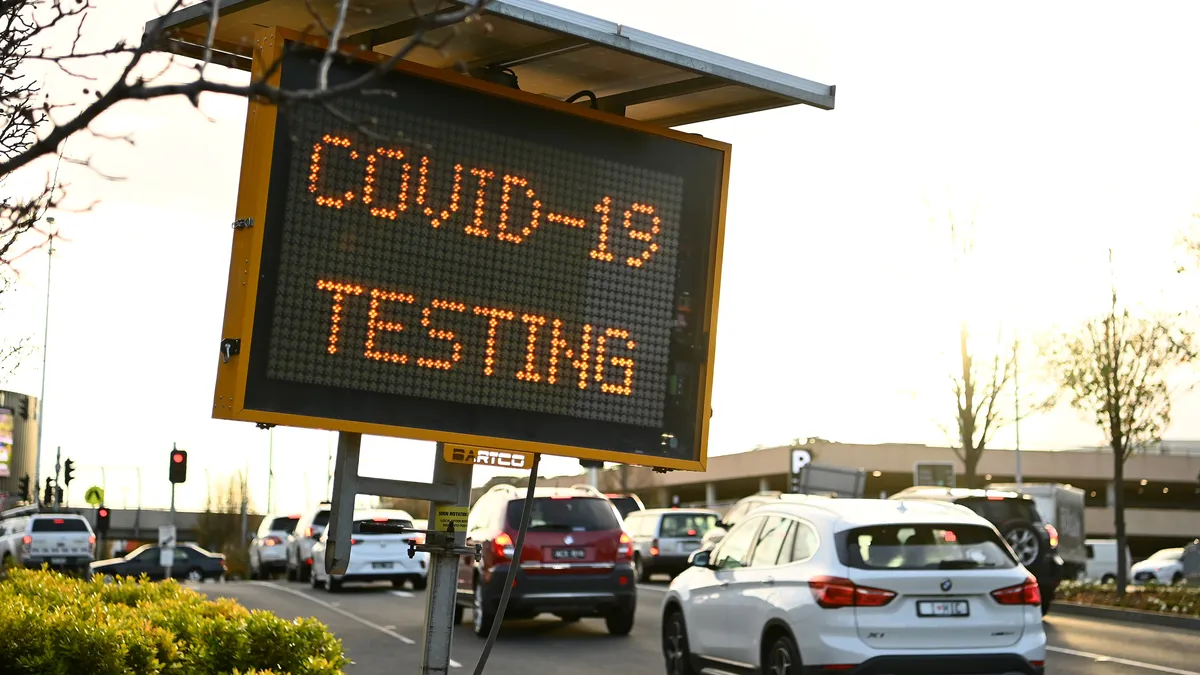Dive Brief:
- AstraZeneca financial executives, seeking to support the rollout of a COVID-19 vaccine, sped up adoption of automation and may now have the capability to help predict aspects of a pandemic recovery, Financial Planning and Analysis Director Mark Fowler said.
-
"There might be new datasets that might help us predict recovery," Fowler said today at Gartner’s CFO & Finance Executive Conference. "We need to work with a lot more patient data, bringing those new datasets together with predictive modeling capabilities."
-
Financial executives when adopting automation should ensure projects align with a "problem statement" and to a solution that adds value, culminating with a minimal viable product, Fowler said.
Dive Insight:
AstraZeneca and its sub-licensees have supplied more than 400 million doses of a COVID-19 vaccine to 165 countries. Most recently, Japan’s Ministry of Health, Labor and Welfare on May 21 approved the vaccine for emergency use for immunization of individuals aged 18 years and older.
During the pandemic "what's really encouraging is that acceleration of the mindset to really start to engage much harder with automation techniques to drive more automation," Fowler said. COVID-19 prompted financial executives to adapt online collaboration tools "super quick."
During the pandemic "a lot of the work that me and my team have been doing within finance has been to drive techniques to automate processes and techniques to analyze data, analyze the data in a more automated way and to extract new insights from it." Fowler said. AstraZeneca financial executives are "starting to think automation-first," he said, which has proven "really important as we thought about standing up new processes to support the vaccine."
The benefits from data analytics during the pandemic have not proven to be unlimited, Fowler said. "One big challenge that COVID-19 brought was that our predictive models that we were running simply couldn't predict the impact of black swan events, and I'm not sure that we necessarily have learned that we will be able to cater for that sort of event in the future."
Still, "there might be new datasets that might help us predict recovery, and that’s really interesting," he said.















